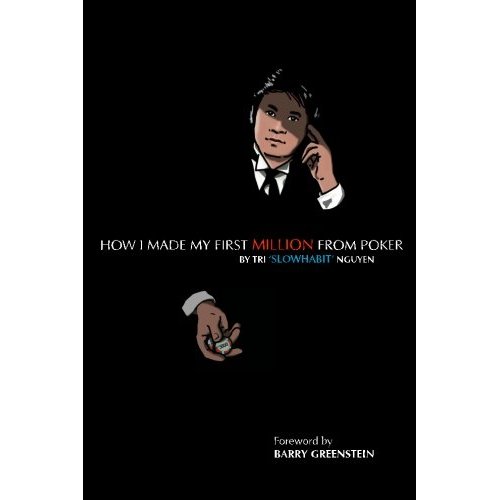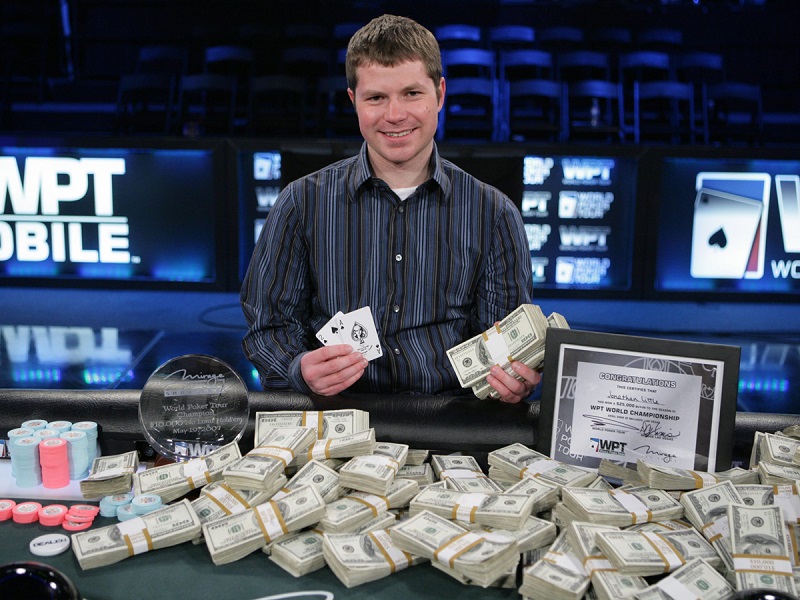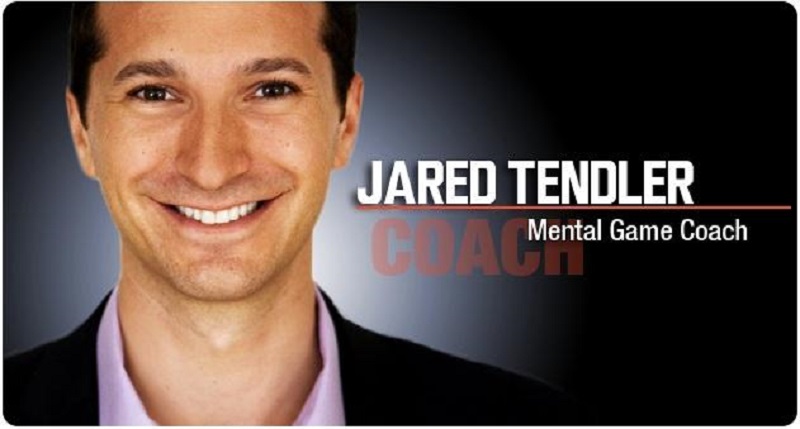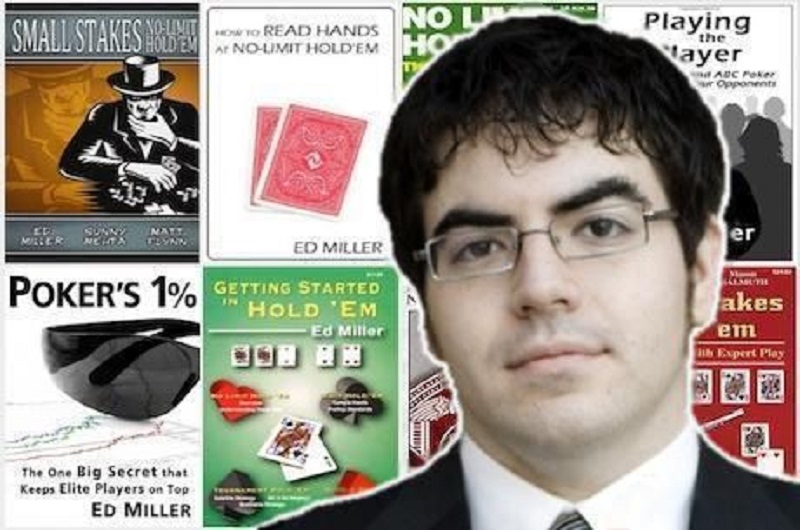
"Slowhabit" Nguyen Tri is the man behind www.dailyvariance.com, the independent publishing house that specializes in the poker books. Dailyvariance is particularly known for having published the famous Let There Be Range, the book co-authored with Cole South, which at the time retailed for $ 1850 (today it's 50% "reduction", don't worry). Tri also wrote on a regular basis as a collaborator in Card Player magazine. Before becoming a businessman in the world of poker books, Tri was especially a highstakes poker player who rubbed shoulders with the best players in the world (Ivey, durrrr and company).
If you visit the site, you will see that the books are quite expensive, but the quality standards are quite high (book well written, concise and the publishing house shall reimburse any dissatisfied buyer). Obviously, an ebook at $ 1850 won't be the greatest usefulness to all players, but for a player highstakes, investment can be profitable.
Today, Tri published his new book of psychology in the form of autobiography, entitled How I Made My First Million From Poker (how I made my first million with the poker or HIMMFM for the rest of the article). Is it a must read?
My work done so I am saturated with poker theory. First, I love the books and I have an obsession with everything read it relates to poker (even knowing that a book will be little interest). I have read dozens of books and videos from strategy translations I do at BlueFirePoker, let's say that I like too full of theory in mind.
Therefore, for some time to work my poker, I love to read books that deal with more the psychological aspect of poker than the theoretical or technical aspect. My last book read on this is excellent: The Mental Game of Poker of Jared Tendler (for review, see here: Review The Mental Game of Poker Jared Tendler). It is therefore with great interest that I started reading HIMMFM.
Precisely, on poker psychology, the author mentions that the psychological and mental Poker aspect is more important than technical to succeed and a player with a very strong mental aspect and a technical aspect failed (or medium if you want) will succeed better in poker than a player with a slightly stronger technical aspect, but a mental defective game. It adds also to improve his technical game is easier than improving his mental game, something with which we fully agree. Learn how to calculate its equity on the basis of the number of outs is learned more quickly than to do step tilt, which is a lifetime learning.
According to the author, it is what made him a good poker player. This is what he says to people who ask him how he made his first million playing poker. Is he smarter than others? Best in math? Gifted?
Sorting does not consider that it is smarter than another or a poker genius. It has always been a good student in school, but has never been in the best of its classes. Its great strength is that they are approaching the poker as a professional.
What is a professional? A player who knows when it is time to leave a session, which is able to pass over the run bad, which is able to play its game when everything goes wrong at his table and also when everything goes well (the good run may also have a harmful effect on your game), which is able to control his emotions and is able to recognize (and to stop playing) when it is tuned.
He also knows to recognize its strengths and weaknesses, which will ensure that it will be excellent for game selecter (choose tables EV +). These qualities are the author much greater than any technical aspect of poker. Equal competence, it is the player who most often plays his A game that wins. For this reason, the mental health and diet are two important factors. In his book, Tri will give you several tips to work these aspects.
The pro also knows that poker is played not only at the table. Poker a pro plays on a table is only a percentage of the work to be done. Review of hands, PokerStover analysis of ranges, analyze of ranges, etc., it is also ca, work his game. In short, if the pro knows exactly what to do when a difficult situation happens, it is that he has already analyzed outside the table (as an extreme example, Georges St-Pierre fights about 50 minutes per year, but spends approximately 2000 times more time to prepare outside the Octagon).
Taking the right decision at the right time is not the result of chance, but the result of a work (and you will take the right decision more often when you clear mind). In this regard, it site Benjamin Franklin: "By failing to prepare you re preparing to fail" (in do you not prepare, you are preparing to fail).
You analyze a hand. You get suckouter on the river and you say to yourself "I run bad". In fact, if you had scanned all the details, you probably would have found that when you played this hand, you were tuned. And that when you are tuned, you tend to increase your VPIP and that under normal circumstances, you do not open J9o UTG on an aggressive table. Therefore, you should not have to be involved in the hand if you had played your A game. Here you have lost a hand because you weren't playing your A game.
The book is really interesting and even if you won't learn to bluff or play JTs in a family pot against 2 good regs and 2 fishs, you realize (if it is not already done) the importance of the mental work in poker. Reads HIMMFM as a novel and not length. Some of the advice will have already been made by others, but in the field of mental work, repetition plays an important role (how many things have you learned that you have forgotten?) In short, I had lots of fun to read that book I recommend both beginners to advanced players.
The book includes 250 pages and is divided into 20 chapters with a preface by Barry Greenstein. For now, he is available in format PDC (a kind of PDF with protection). When you buy the book, you get the book in electronic format as well as a license. Unfortunately, the book opens on a computer and you won't be able to transport the file on your Kindle for example. In other words, to read apart from his computer, the book should be printed on paper. Its release is scheduled for December 15 and if you pre-order it today, you will get $ 20 discount ($ 97 instead of $ 117).
Discuss this article on the forums of PokerCollectif: review of the book How I Made My First Million From Poker of Tri Slowhabit Nguyen




